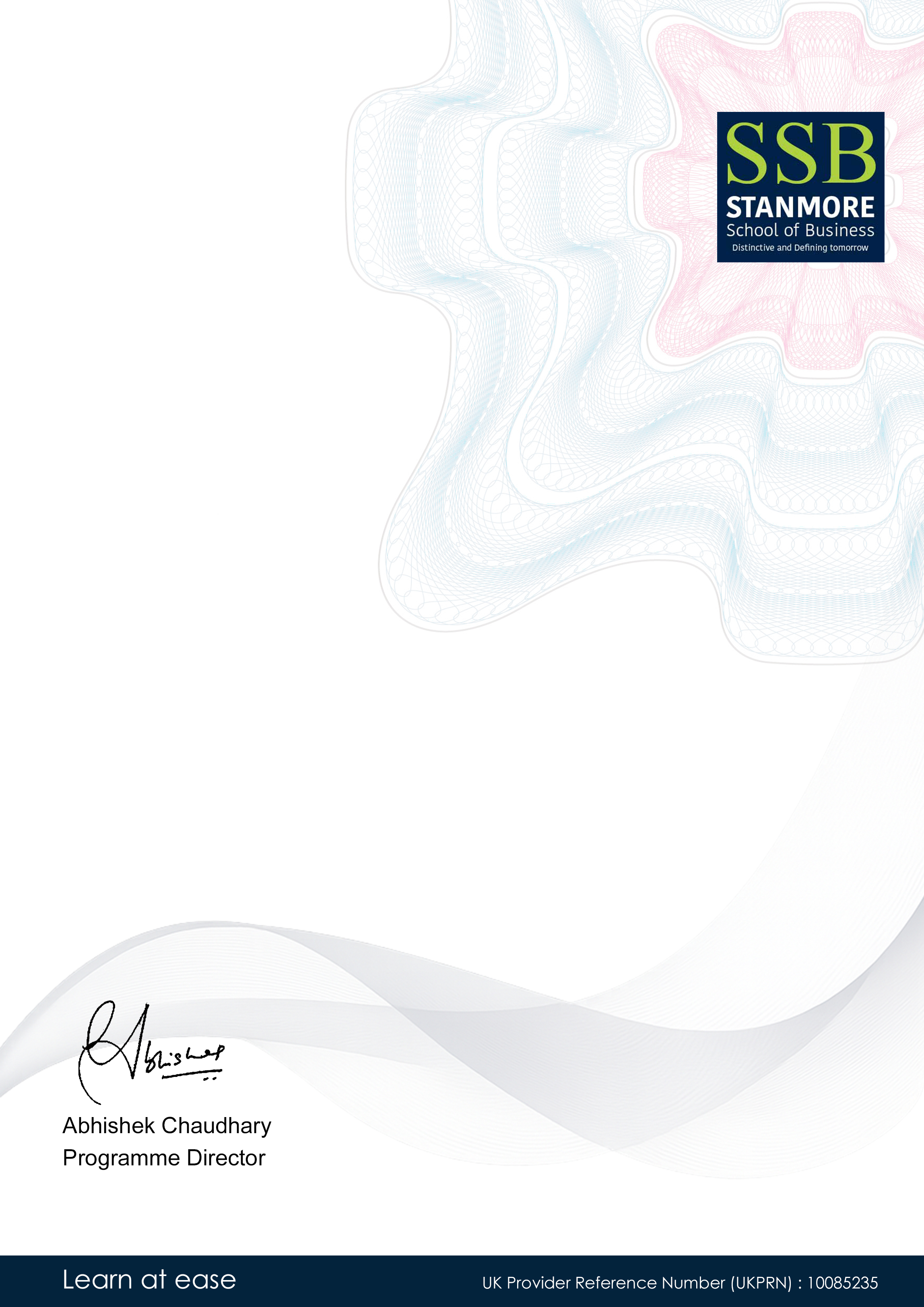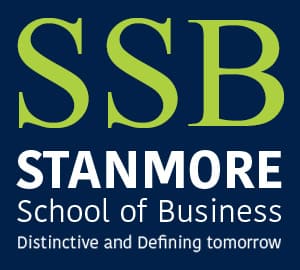Achieving Career Goals in Robotics with Professional Certificate in Robotics for Dummies
-- viewing nowRobotics Career Goals within reach with our comprehensive guide. Are you eager to achieve career goals in the rapidly evolving field of Robotics? This course is designed for individuals who want to upskill and reskill in robotics, with a focus on practical applications and industry-relevant skills.
6,963+
Students enrolled
GBP 140
GBP 202
Save 44% with our special offer
About this course
100% online
Learn from anywhere
Shareable certificate
Add to your LinkedIn profile
2 months to complete
at 2-3 hours a week
Start anytime
No waiting period
Course details
This unit covers the basics of robotics, including the history of robotics, types of robots, and the key components of a robot system. It also introduces the concept of robotics as a field and its applications in various industries. • Unit 2: Programming for Robotics
This unit focuses on programming languages and tools used in robotics, such as Python, C++, and ROS (Robot Operating System). It also covers the basics of programming for robotics, including sensors, actuators, and control systems. • Unit 3: Robotics Sensors and Actuators
This unit delves into the world of sensors and actuators, which are essential components of a robot system. It covers the types of sensors and actuators, their applications, and how they interact with the robot's control system. • Unit 4: Professional Certificate in Robotics: Robotics Software Development
This unit is focused on the development of robotics software, including the use of programming languages, libraries, and frameworks. It also covers the testing and debugging of robotics software. • Unit 5: Robotics Computer Vision
This unit explores the application of computer vision in robotics, including image processing, object recognition, and scene understanding. It also covers the use of computer vision in robotics applications, such as navigation and manipulation. • Unit 6: Robotics Machine Learning
This unit introduces the concept of machine learning in robotics, including supervised and unsupervised learning, reinforcement learning, and deep learning. It also covers the application of machine learning in robotics, such as autonomous navigation and control. • Unit 7: Professional Certificate in Robotics: Robotics Hardware Development
This unit is focused on the development of robotics hardware, including the design and prototyping of robot systems. It also covers the testing and validation of robotics hardware. • Unit 8: Robotics Motion Planning and Control
This unit covers the concepts of motion planning and control in robotics, including kinematics, dynamics, and control systems. It also explores the application of motion planning and control in robotics, such as navigation and manipulation. • Unit 9: Professional Certificate in Robotics: Robotics Project Development
This unit is focused on the development of robotics projects, including the design, prototyping, and testing of robot systems. It also covers the deployment and maintenance of robotics projects. • Unit 10: Career Development in Robotics
This unit is focused on career development in robotics, including the skills and knowledge required for a career in robotics, job opportunities, and professional certifications. It also covers the importance of continuous learning and professional development in the field of robotics.
Career path
| Role | Primary Keywords | Secondary Keywords | Description |
|---|---|---|---|
| Robotics Engineer | Robotics, Engineering, Automation | Design, Development, Testing | Design, develop, and test robots and robotic systems. |
| Artificial Intelligence/Machine Learning Engineer | AI, ML, Robotics, Automation | Deep Learning, Computer Vision | Design and develop AI and ML algorithms for robotics applications. |
| Computer Vision Engineer | Computer Vision, Robotics, AI | Image Processing, Object Detection | Design and develop computer vision systems for robotics applications. |
| Robotics Software Developer | Robotics, Software Development, Automation | Programming, Testing | Develop software for robotics applications, including programming and testing. |
| Robotics Hardware Engineer | Robotics, Hardware Engineering, Automation | Design, Development, Testing | Design, develop, and test robotics hardware, including mechanical and electrical systems. |
Entry requirements
- Basic understanding of the subject matter
- Proficiency in English language
- Computer and internet access
- Basic computer skills
- Dedication to complete the course
No prior formal qualifications required. Course designed for accessibility.
Course status
This course provides practical knowledge and skills for professional development. It is:
- Not accredited by a recognized body
- Not regulated by an authorized institution
- Complementary to formal qualifications
You'll receive a certificate of completion upon successfully finishing the course.
Why people choose us for their career
Loading reviews...
Frequently Asked Questions
Course fee
- 3-4 hours per week
- Early certificate delivery
- Open enrollment - start anytime
- 2-3 hours per week
- Regular certificate delivery
- Open enrollment - start anytime
- Full course access
- Digital certificate
- Course materials
Get course information
Earn a career certificate

